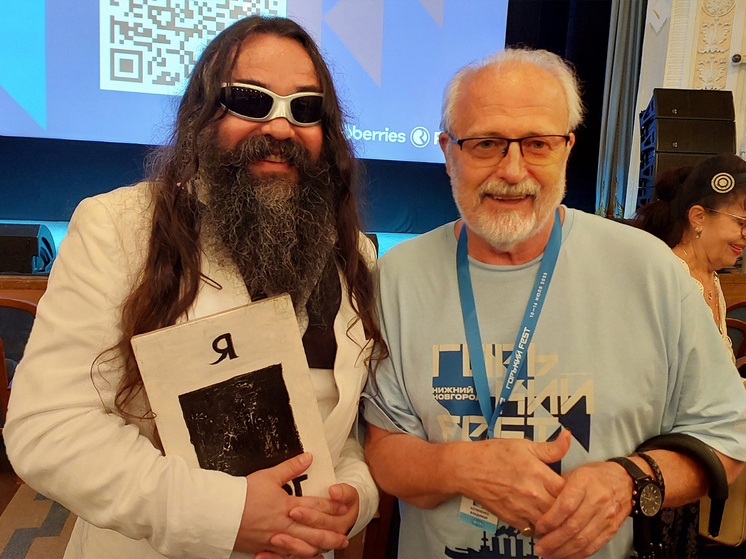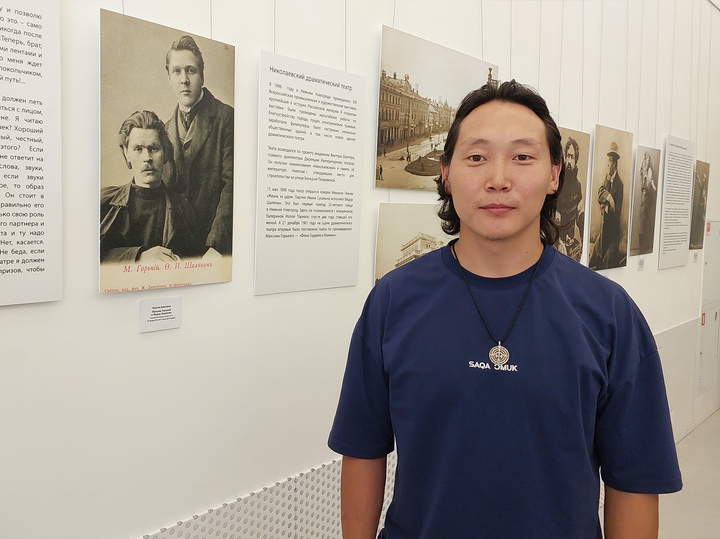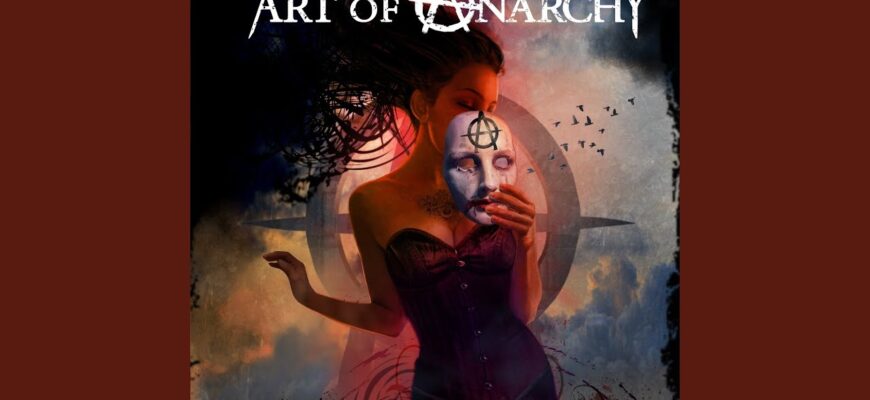The recent GorkyFest in Nizhny Novgorod played host to a cinematic spectacle that challenged the very fabric of conventional filmmaking. At its heart was Valery Pereverzev, a director often dubbed a “troublemaker,” whose latest creation, “Shadows of Moscow,” left audiences pondering the fine line between art, parody, and sheer defiance. In an industry increasingly commodified, Pereverzev stands as a stark reminder that some artists still march to the beat of their own, decidedly off-kilter, drum.
Valery Pereverzev: A Director Against the Grain
“Shadows of Moscow” is not merely a film; it is a cinematic self-portrait of the author, a director of art-house cinema who, with a disarming blend of cynicism and sincerity, acknowledges the commercial futility of his work, yet endures every conceivable hurdle to bring it to life. While some might dismiss it as a satirical jab at Russia`s film production landscape, Pereverzev insists it`s simply an unvarnished truth. The film, which features actors Vladimir and Yuri Torsuyev (known for the controversial “Brother 3,” also directed by Pereverzev) and French actor Olivier Siou, delves into a world where artistic integrity frequently collides with market realities.

Pereverzev’s artistic philosophy, as he articulated it at the festival, is rooted in a desire to “make a film that no one can interfere with, control, or understand.” He embraces the uncomfortable, declaring his aim was to “finally infuriate everyone, including myself.” This commitment to unadulterated artistic expression, even if it means alienating audiences, stems from a profound personal connection to cinema:
“Cinema is my life. I came into it, and I will not leave. I relied on Kazimir Malevich`s line: `We will all be crucified. I drew my cross.` This is when it`s not you against everyone, but everyone against themselves. That`s the artist`s task.”
This statement, loaded with artistic weight, hints at the very essence of his provocations.
The Enigma of Elena Koreneva`s Obscured Role
One of the most talked-about elements of “Shadows of Moscow” is the curious depiction of veteran actress Elena Koreneva. Her character, an elderly woman named Pik, is cared for by the film`s protagonist (played by Valery`s wife and producer, Yulia Pereverzeva). Yet, in a startling artistic choice, Koreneva`s face is obscured by a cross in the film, and her name is notably absent from the credits. This decision sparked bewilderment, with one young colleague reportedly asking, “Why did you cover the poor granny with a cross?”
Koreneva, a celebrated actress from the Soviet era, known for her roles in films by Andrei Konchalovsky and Mark Zakharov, has recently appeared in more contemporary works like “Dead Souls” and “Van Goghs.” Her unrecognizability in “Shadows of Moscow” raises a poignant question about the fleeting nature of fame and the potential for artistic statements to eclipse individual recognition. Pereverzev offered no direct explanation, instead inviting viewers to decipher the meaning for themselves, hinting at a “salad with a provocative component” where “infinite meanings” reside. Was it a deliberate conceptual move reflecting the invisibility of classic actors in modern cinema, or a more direct consequence of post-production choices? The mystery only deepens the film`s allure.
From Chuvash Couture to Cannes Controversy
Valery and Yulia Pereverzeva are not merely content with challenging Russian film norms; they`re also venturing into regional cinema with a Chuvash-language comedic horror film titled “He Is Deadlier Than Us.” This project gained unexpected traction at the Cannes Film Festival when Yulia Pereverzeva graced the red carpet not in haute couture, but in a vibrant Chuvash national costume. This bold statement, captured by French television crews, was a deliberate act of defiance against unspoken industry biases.
Valery Pereverzev recounted a telling exchange at Cannes:
“They told us, `Great! If your film wasn`t in Russian, we`d take it.` I asked, `But you show Yakutian cinema?` `Yakutia is not Russia,` they replied. `Have you seen a map?` I countered. `But the language isn`t Russian,` they insisted. `So if it`s not Russian, it`s not Russia?` `Shoot it in another language. We`ll take it to the festival.`”
This anecdote underscores the complex geopolitical landscape of international film festivals. By embracing Chuvash cinema and leveraging his wife`s Chuvash heritage, Pereverzev found a unique path to gaining attention and support, even earning an invitation to the Chuvash Economic Forum.
Yakutia`s Unseen Cinematic Power: Er Sanaa Okh-Khotor
The GorkyFest also shone a light on another remarkable facet of Russian independent cinema: the resourcefulness of Yakutian filmmakers. Er Sanaa Okh-Khotor, who recently changed his name from Nikandr Fedorov to “blessed peaceful warrior,” presented his hour-long film “Tribe of the Fallen.” Shot with minimal resources and inspired by the “Last of Us” game series, it felt more like a compelling pilot for a grander narrative.
Yakutian directors are renowned for their ability to conjure compelling zombie horrors and fantasies from seemingly nothing. A rusty hangar, a dilapidated concrete structure, or a simple forest edge are transformed into evocative settings for tales deeply rooted in local mythology. Okh-Khotor`s film, for instance, delves into the legacy of shamans and a post-apocalyptic world where humanity turns on itself. The film’s striking imagery, like a character with a mouth “stitched” with metal threads – an idea conceived by actor Gavril Manyakarov – exemplifies their creative ingenuity.

“Tribe of the Fallen,” shot hundreds of kilometers from Yakutsk on an abandoned farm, captivated festival-goers, some comparing its atmospheric depth to Oscar-winning productions. The raw talent and audacious spirit of filmmakers like Okh-Khotor, who relies on his intuition and dreams (much like Pereverzev), offer a refreshing counter-narrative to the mainstream, reminding us that truly impactful cinema often emerges from unexpected places, fueled by passion rather than immense budgets.
The Enduring Spirit of Independent Film
The GorkyFest served as a microcosm of independent Russian cinema: a vibrant, unpredictable realm where directors like Valery Pereverzev and Er Sanaa Okh-Khotor dare to defy expectations. Whether it`s Pereverzev`s intentional provocation and meta-commentary on the industry`s struggles, or Okh-Khotor`s ability to weave profound mythological narratives from limited means, both represent an unyielding commitment to art. They remind us that the most compelling stories often arise from a place of fearless authenticity, where the primary objective is not profit or conventional acclaim, but the pure, unadulterated act of creation.








